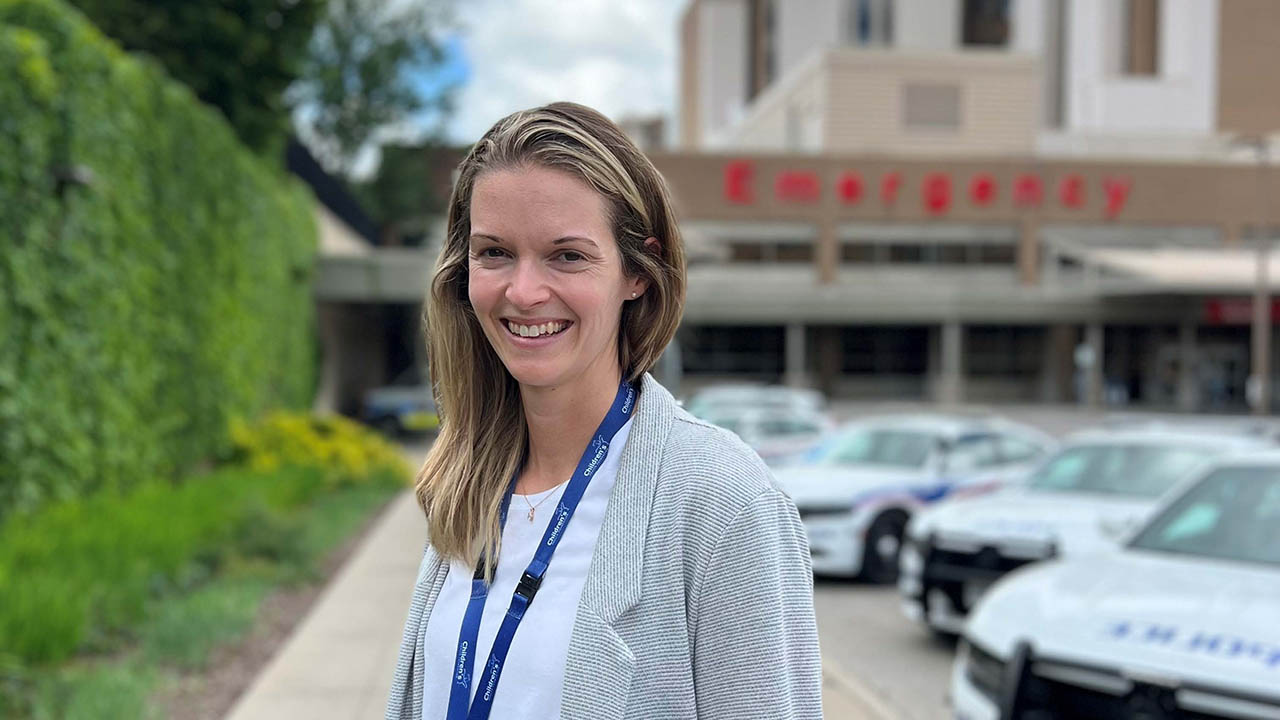Injury prevention this summer: Don’t cross your “stupid line”
 CREDIT: COURTESY OF JENNIFER BRITTON
CREDIT: COURTESY OF JENNIFER BRITTONAccording to Parachute, 60 per cent of seriously injured patients occur in the summer months between May and August. These life-threatening incidents, Britton stated, can all be avoided.
Summer is here and everyone is looking forward to being face naked and fancy free; planning parties, road trips, camping and holidays. This summer is the first holiday season post-pandemic, where our lives are not being dictated by restrictions and mandates. But that doesn’t mean we kick safety, responsibility, and consequences to the curb. London Health Sciences Centre (LHSC) is asking us all to be aware that hospital waiting rooms are experiencing an increase in volume as well as longer than average wait times caused by staff shortages due to the pandemic.
July 5 was Parachute Canada’s National Injury Prevention Day, as Jennifer Britton, Injury Prevention Specialist at LHSC explained.
“National Injury Prevention Day is spearheaded by Parachute which is a national not-for-profit organization that works across Canada,” Britton said. “Parachute tries to raise awareness of the fact that injury is the number one cause of death and hospitalization for young people aged one to 34 years of age.”
According to Parachute, 60 per cent of seriously injured patients occur in the summer months between May and August. These life-threatening incidents, Britton stated, can all be avoided.
“We don’t like the word ‘accident,’ because that says that there’s nothing we can do to prevent those events from happening. There’s always a reason that that event happened.”
Both Britton and Parachute work tirelessly trying to raise awareness about how these life-threatening injuries that impact our society are both preventable and predictable.
“It costs $29.4 billion a year and causes 17,000 lives to be lost across Canada,” Britton said. “We’re raising awareness for that, and also taking it a step further in how we can prevent these injuries from happening.”
Britton acknowledged that prevention really begins at the individual level and taking responsibility for our actions is key.
“You might think that you’re going to climb up to the top of that roof, sit on that roof. It’s recognizing that’s not worth the risk,” she said. “We’re really trying to empower people to recognize those risks and trust their instincts and speak up for themselves and for the people around them.”
Although campaigns like Injury Prevention Day are helping to bring awareness to the fact that most of these life-threatening injuries can be avoided, Britton stated the statistics of serious injuries in Canada have not been going down.
Quick facts
- Every day, 48 Canadians die and 634 are hospitalized because of injuries
- Preventable injury kills more Canadian children than any disease, and more youth than all other causes combined
- 75 per cent of injury-related deaths are unintentional causes, such as falls, car crashes and poisonings
- Falls are the leading cause of injury deaths, hospitalizations, emergency room visits and disabilities in Canada
The four main factors in motor vehicle crashes
- Alcohol
- Seat belts
- Distraction
- Speed
“Everybody has a stupid line, but my stupid line is going to be different than your stupid line,” Britton said. “But again, trying to empower people to know where that line is, and then speak up and remain steadfast in saying ‘no.’ Assessing risk, healthy versus unhealthy, smart versus stupid. It isn’t black and white, but from an individual level, it is.”
Britton’s top tips for preventing serious injury
- Put down your phones when driving
- Don’t use substances while operating cars or boats
- Drive according to road conditions
- Get GPS set up before heading out

















